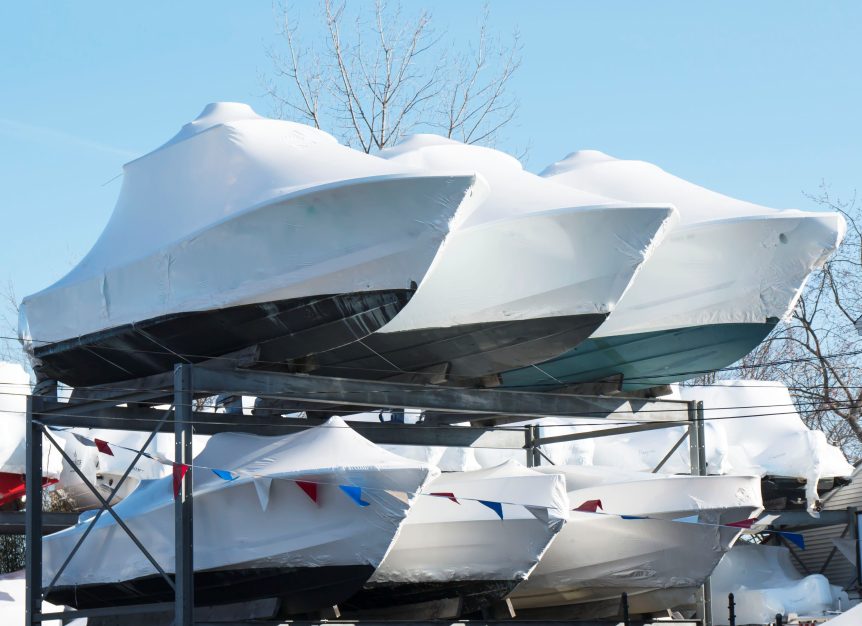Bassmaster Elite Series pro Gary Clouse is not only a prolific tournament angler, he is also the president and founder of Phoenix Boats. His decades of expertise have given Clouse important insight into proper care and maintenance of a boat.
“Most anglers know the motor deserves special winterizing attention. Your boat dealer or manufacturer can advise you how to do that,” said Clouse. “However, the boat needs attention, too, regardless of whether you are storing it inside or letting it sit outside.”
In his recent column on Bassmaster.com, Clouse offers his recommendations for properly winterizing a boat, from draining livewells to guarding against squirrels and other critters:
“The most overlooked features are the livewells and drain pipes beneath the floor that carry water in and out. It is imperative that you make sure you drain all the water out of those hidden areas before the first freeze. Since the pipes and fittings are made of plastic, any water residue could freeze and cause cracks or other damage.
I also recommend removing the drain plug for the winter and tilting the boat so everything drains to the rear.
Some people in bitter cold climates pour antifreeze down their livewell and floor drains to prevent freezing. If you do that, make sure you flush the system before you launch the boat into local waters next spring.
I also recommend removing the batteries, storing them in a warm area and keeping them fully charged. Bitter cold temperatures can be tough on boat batteries.
If you have an older style trailer, pop off the wheels and check the bearings for pitting. If they look good, repack them with quality grease.
If your boat sits outside for the winter, it is wise to give it a good cleaning and coat of wax before you put it away. Make sure the boat is completely dry, especially the carpets, before you cover it for winter. Get the cover on tight to prevent water from pooling and freezing, which could damage the cover.
Another issue you want to guard against is critters. They seem to love to get into storage compartments and can do a lot of damage. I have heard of squirrels and even raccoons taking up residence inside boats that are covered during winter months. They can destroy wiring and will chew on just about anything they can get their teeth around.
One way to deter the critter invasion is to place a few mothballs in storage compartments and make sure you have not left any boat snacks in there for them to munch on.
You would be surprised how smaller animals like squirrels or chipmunks can squeeze through tight places. I found that out first-hand.
A few years ago, I was running down Bull Shoals Lake and saw a squirrel swimming frantically far off shore. I eased up next to him and stuck my landing net in the water. He grabbed it immediately. I lifted him into the boat and the poor guy was exhausted; he just laid there for a while. Unfortunately, he got his strength back, dashed under the console and disappeared inside the boat.
I simply could not get him out. He was in there for a few days, and I finally had to fill my boat full of water to flush him out.
So when you are putting your rig away for the winter, make sure you take care of the hidden areas of the boat and you will be ready to launch when that urge hits next spring.”

